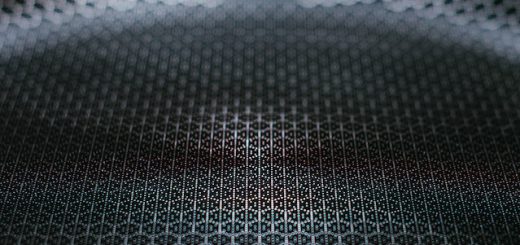The Superiority of Electric Underfloor Heating: Advantages over Hydraulic Systems

Electric underfloor heating has established itself as the premier choice when compared to hydraulic systems. With its numerous benefits, electric underfloor heating outshines its hydraulic counterparts in terms of energy efficiency, ease of installation, precise temperature control, versatility, low maintenance, and cost-effectiveness.
- Energy Efficiency
Electric underfloor heating systems excel in energy efficiency by delivering heat directly where it’s needed. Unlike hydraulic systems that rely on circulating hot water, electric systems require less energy to reach and maintain desired temperatures, resulting in reduced energy consumption and lower utility bills.
- Easy Installation
Electric systems offer simple installation processes with minimal disruptions. The heating cables or mats can be easily laid on the subfloor, covered with a thin-set mortar or self-leveling compound, and topped with the chosen flooring material. This ease of installation makes electric underfloor heating ideal for retrofitting existing buildings.
- Precise Temperature Control
Electric systems provide rapid response times and precise temperature control. Unlike hydraulic systems, which require warm-up periods, electric systems begin radiating heat instantly upon activation. With individual thermostats or zoning options, users can customize the temperature in each room, maximizing comfort and minimizing energy waste.
- Versatility
Electric underfloor heating accommodates various flooring types, making it suitable for any space. From tiles to hardwood, laminate, or carpet, electric systems can be tailored to fit different construction types, ensuring comfort and efficiency in any property. You can also find outdoor underfloor heating solutions to secure roads and sidewalks and prevent snow accumulation.
- Low Maintenance
Electric systems require minimal maintenance, reducing time and effort spent on upkeep. Unlike hydraulic systems that may experience water leaks or valve malfunctions, electric systems are relatively maintenance-free, resulting in fewer system failures or costly repairs.
- Cost-Effectiveness
Despite higher initial installation costs, electric underfloor heating proves cost-effective in the long run. Energy savings over time, combined with easy installation and low maintenance requirements, make it a financially viable choice that delivers comfort and efficiency while minimizing heating expenses.
Conclusion
Electric underfloor heating surpasses hydraulic systems in multiple aspects, including energy efficiency, installation ease, precise temperature control, versatility, low maintenance, and cost-effectiveness. With its ability to provide comfort, energy savings, and adaptability, electric underfloor heating remains the superior option for those seeking an efficient and eco-friendly heating solution.

